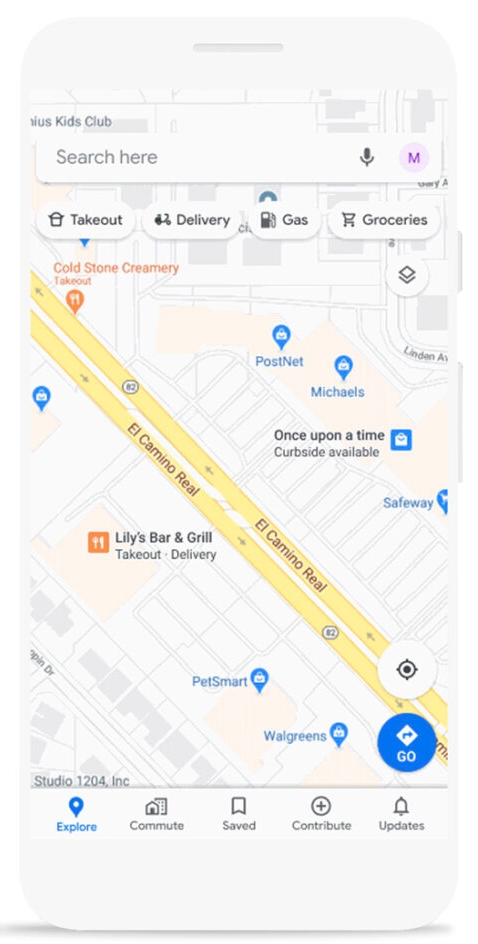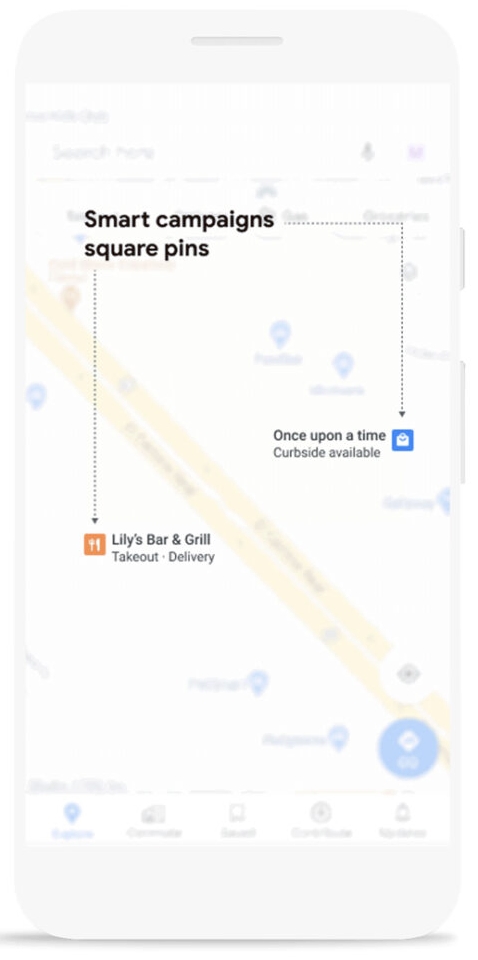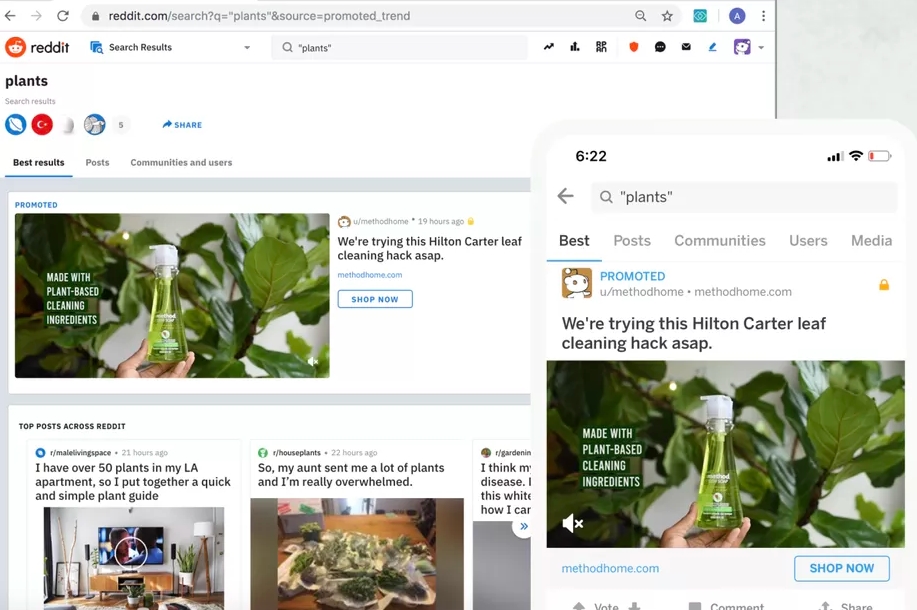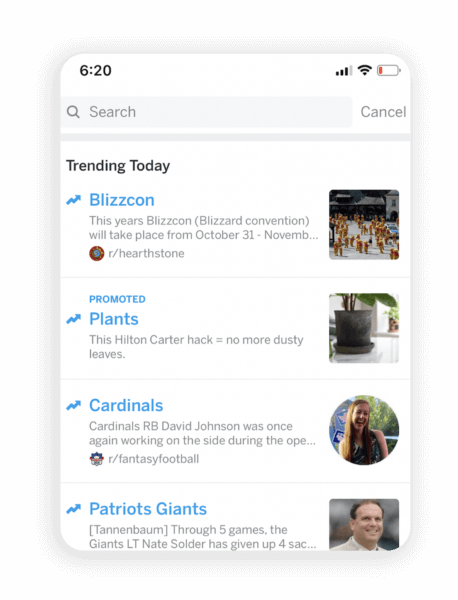Microsoft Advertising is helping you get ready for the new year with three new predictions for upcoming trends in digital advertising.
As we enter the final month of the year, many are already planning their marketing and ad campaigns for the start of 2023. Unsurprisingly, many of these campaigns will be focused on health and self-betterment as consumers make their New Year’s resolutions.
According to a recent study by Opeepl, approximately 60% of people reported making a New Year’s resolution in 2022 with the most popular resolution being to get healthier.
Even more interestingly, almost half (49%) of those who didn’t make a resolution reported that they still made changes to their lives to improve their wellness around the beginning of the year.
To help you take advantage of this with ads that will connect with health-minded consumers in the start of 2023, Microsoft Advertising shared three predictions for upcoming trends in Health and marketing:
‘Organic Food’ Will Spike In Interest
Microsoft believes clicks for ads related to organic food may leap up to 20% during the week of January 14 compared to the same week in December.
With that in mind, Microsoft recommends planning ahead:
“Target users searching for healthy, nutritious food options in January with In-market Audiences. Our internal forecasting data suggests that clicks will peak during the winter on January 14, so although you should ramp up your budget after the holidays end, make sure you don’t run out midway through the month.”
Target Sports Apparel From Now To Late January
The predictions indicate that searches for sports apparel are likely to surge beginning early this month and lasting through January, creating an opportune time to target customers with related shopping campaigns:
“Use Shopping campaigns to showcase your sports and fitness apparel products late November and early December during holiday shopping sales. Microsoft internal data estimates that consumers will be most heavily searching for gear between the weeks of and November 26 and December 3, but activity will remain high until January.”
‘Fitness & Nutrition’ Searches Regularly Surge In Interest
While it is true that searches for fitness and nutrition-related topics are likely to increase in the new year, Microsoft Advertising also notes that this trend is likely to pop back up throughout the year. Because of this, it may be better to take an “always-on” approach to targeting these areas:
“Using 2021 data as a comparison for what to expect activity wise over the next year, we can assume clicks for nutrition and fitness will peak in January, May, July, and October. Consider an always-on approach since Audience Ads are shown to drive users down the funnel to search tactics.”







